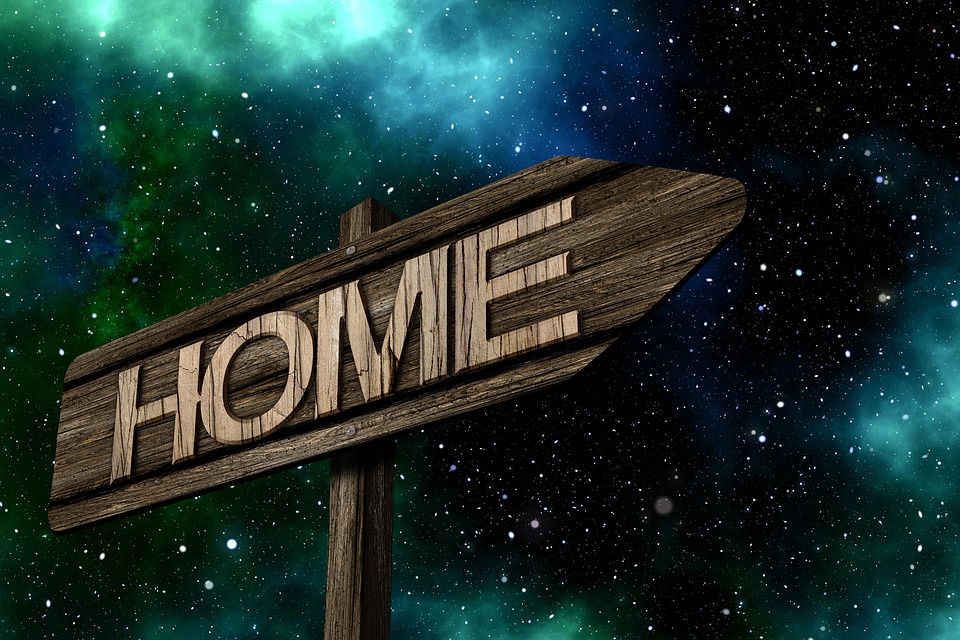Introduction
The concept of origin plays an indispensable role in shaping both personal and collective identities. From the moment we take our first breaths, our origins—be it cultural, geographical, familial, or historical—begin to influence our beliefs, behaviors, values, and worldviews. This article explores how our roots shape who we are as individuals and as members of larger communities, delving into the narratives we construct around our origins and the profound impact these stories have on our identities.
Personal Narratives: The Individual Journey
1. Family and Ancestry
At the most intimate level, family is often the first lens through which individuals perceive their identity. The stories and traditions passed down through generations shape character, inform values, and influence personal choices. For instance, those with immigrant grandparents might feel a strong connection to their ancestral homeland, fostering a sense of belonging and shared experience that informs their identity.
2. Cultural Heritage
Cultural background also plays a pivotal role in personal identity development. Cultural practices, languages, and customs impart a sense of belonging that goes beyond familial ties. For example, someone raised in a bilingual household may navigate multiple cultural frameworks, allowing them to adapt their identity based on context while simultaneously enriching their personal narrative.
3. Socioeconomic Background
Origin in terms of socioeconomic status can impact opportunities and self-perception profoundly. Individuals raised in affluent environments may have different life experiences compared to those from lower socioeconomic backgrounds, leading to distinct narratives. This divergence can create symbols of privilege or adversity that permeate personal identities, shaping experiences of success or struggle.
Collective Narratives: The Power of Community
1. Historical Context
Collective narratives are deeply rooted in shared histories and experiences. Communities often develop a sense of identity based on historical events such as colonization, migration, or war. These events create a collective memory that informs how groups see themselves and their place in the world. For instance, Indigenous communities often draw upon their histories of resilience and resistance as a foundation for identity, fostering a rich tapestry of tradition and connection.
2. Collective Trauma and Resilience
Shared experiences of trauma can have lasting impacts on collective identities. For example, groups that have endured war or persecution may carry a collective narrative of resilience, impacting social cohesion and mutual support. The stories of overcoming adversity become integral to group identity, strengthening bonds among members and inspiring future generations.
3. National Identity
National narratives often emerge from a confluence of regional, ethnic, and historical origins. Symbols, myths, and common values shape how individuals identify with their nation. For instance, National Independence Days or anniversaries of significant events are celebrated to reinforce communal identity, fostering a sense of pride and belonging.
Intersectionality: The Complexity of Identity
It is essential to recognize that personal and collective narratives are seldom singular; they intersect in complex ways. A person may navigate multiple identities based on race, gender, religion, and class, each contributing to a mosaic of experiences. These intersecting aspects can create unique struggles or advantages, making the narrative of origin multifaceted and deeply enriching.
The Role of Storytelling
Storytelling serves as a bridge between personal and collective narratives. It allows individuals to share their stories, fostering understanding and empathy among diverse groups. When people articulate their experiences, they not only affirm their identities but also engage in a dialogue that enriches community understanding and solidarity.
Conclusion
The impact of origin on identity—both personal and collective—cannot be understated. Our narratives of where we come from intricately shape who we become, defining our relationships with ourselves and the world around us. In recognizing the power of these narratives, we can appreciate the richness of our diversity and work towards a more inclusive society where every story is valued. Understanding and celebrating our origins can ultimately foster empathy, connection, and a shared sense of humanity.


